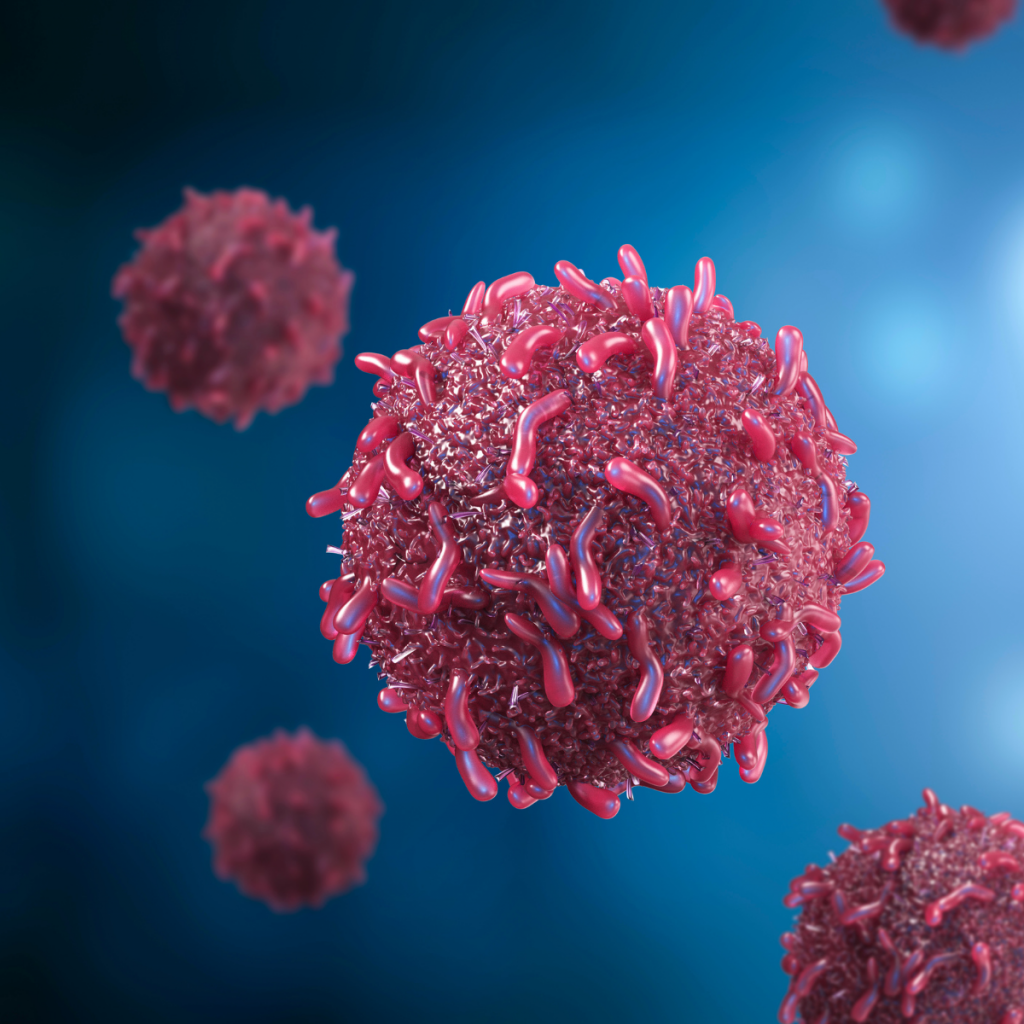Cancer treatment has come a long way in recent years, with continuous innovations that have led to more effective and personalized therapies. The fight against cancer is no longer just about traditional methods like surgery, chemotherapy, and radiation therapy. Today, numerous advanced treatments are offering hope for patients, including immunotherapy, gene therapy, and targeted therapies. These groundbreaking approaches aim not only to target cancer cells more precisely but also to reduce side effects and improve the overall quality of life for cancer patients. In this article, we will explore the latest advances in cancer treatment, highlighting how each method works and its potential to revolutionize cancer care.
Immunotherapy: Harnessing the Power of the Immune System
Immunotherapy is one of the most exciting advances in cancer treatment. Unlike traditional treatments that directly target cancer cells, immunotherapy works by boosting the body’s own immune system to recognize and attack cancer cells.

Key Types of Immunotherapy
- Checkpoint Inhibitors: These drugs work by blocking proteins that prevent immune cells from attacking cancer cells. For instance, drugs like pembrolizumab (Keytruda) and nivolumab (Opdivo) have been shown to improve survival rates in patients with melanoma, lung cancer, and other cancers. By blocking immune checkpoints, these drugs allow immune cells to stay active and target cancer cells more effectively.
- CAR-T Cell Therapy: Chimeric Antigen Receptor T-cell (CAR-T) therapy involves modifying a patient’s own T cells to better recognize and destroy cancer cells. This approach has been particularly successful in treating blood cancers like leukemia and lymphoma, offering remarkable remission rates.
- Monoclonal Antibodies: Monoclonal antibodies are lab-made molecules that can bind to specific cancer cell markers. These antibodies can either directly destroy cancer cells or deliver toxic substances, such as chemotherapy drugs or radioactive material, directly to the tumor.
Immunotherapy has brought significant advancements in treating cancers that were once considered difficult to treat, offering new hope for many patients.
Targeted Therapy: Precision Medicine for Cancer
Targeted therapy focuses on specific molecules involved in cancer cell growth and survival, offering a more precise treatment approach compared to traditional chemotherapy. By targeting cancer cells at the molecular level, these therapies can reduce damage to healthy cells and minimize side effects.
Mechanisms of Targeted Therapy
- Gene Targeting: Some targeted therapies focus on genes or gene products that play a role in cancer progression. For example, the drug trastuzumab (Herceptin) is used to treat HER2-positive breast cancer, which overexpresses the HER2 protein. By blocking this protein, Herceptin can slow the growth of the cancer cells.
- Angiogenesis Inhibition: Angiogenesis is the process by which tumors form new blood vessels to supply their growing needs. Drugs like bevacizumab (Avastin) inhibit angiogenesis, depriving the tumor of essential nutrients and oxygen, slowing its growth.
- Proteasome Inhibitors: These drugs work by disrupting the proteasome, a structure within the cell that helps maintain cellular function. Inhibiting the proteasome can lead to cancer cell death. Bortezomib (Velcade) is an example of a proteasome inhibitor used to treat multiple myeloma.
Targeted therapies are revolutionizing cancer treatment by providing more personalized and effective options, particularly for patients with certain genetic mutations or cancers resistant to traditional treatments.
Gene Therapy: Modifying Genes to Treat Cancer
Gene therapy is a cutting-edge technique that involves modifying the genetic material inside a patient’s cells to treat or prevent cancer. This approach is still in the experimental stages but has shown promising results in clinical trials.
Methods of Gene Therapy
- Gene Editing: Gene editing technologies like CRISPR-Cas9 allow scientists to directly modify DNA within cancer cells, potentially repairing genetic mutations that contribute to cancer. This approach could one day enable the precise correction of genetic errors responsible for the development of certain cancers.
- Gene Transfer: Gene transfer involves inserting new or modified genes into a patient’s cells to either replace faulty genes or enhance the immune response against cancer. For example, a modified gene may prompt the immune system to recognize and attack cancer cells more effectively.
Gene therapy has the potential to significantly alter the landscape of cancer treatment by addressing the root cause of many cancers—genetic mutations—and offering more tailored solutions for patients.
Personalized Cancer Vaccines: Stimulating the Immune System
Cancer vaccines are another promising area of cancer treatment. Unlike traditional vaccines that prevent diseases, cancer vaccines are designed to treat existing cancers by stimulating the immune system to target cancer cells.

Types of Cancer Vaccines
- Therapeutic Vaccines: These vaccines are designed to stimulate the immune system to target cancer-specific proteins or antigens. One of the most well-known therapeutic vaccines is the HPV vaccine, which helps prevent cervical cancer caused by the human papillomavirus. Researchers are working on vaccines for other types of cancer, including melanoma and prostate cancer.
- Cancer Cell-Based Vaccines: This type of vaccine involves using a patient’s own cancer cells, which are modified and reinfused into the body to provoke an immune response against the cancer. These vaccines can help boost the body’s natural defenses and offer a more personalized treatment option.
Cancer vaccines are still being researched but hold great promise for the future of cancer treatment, offering a non-invasive, immune-boosting approach to fighting the disease.
Cryotherapy and Hyperthermia: Targeting Tumors with Heat and Cold
Cryotherapy and hyperthermia are two innovative physical treatments used in conjunction with other therapies to target cancerous tumors. These techniques are particularly useful for tumors that are difficult to remove surgically.
- Cryotherapy: Cryotherapy involves freezing cancer cells with a very cold substance, usually liquid nitrogen. This causes the cancer cells to die or become damaged, which can shrink tumors and prevent their spread. Cryotherapy is commonly used to treat prostate, kidney, and liver cancers.
- Hyperthermia: Hyperthermia treatment involves using heat to destroy cancer cells. By raising the temperature of tumor cells, they become more sensitive to radiation and chemotherapy, allowing those treatments to be more effective. Hyperthermia is often used in combination with other cancer treatments, particularly for cancers of the skin, liver, and pancreas.
Both cryotherapy and hyperthermia represent non-invasive approaches to treating cancer and can improve the effectiveness of existing treatments.
Artificial Intelligence and Machine Learning in Cancer Treatment
Artificial intelligence (AI) and machine learning are increasingly being incorporated into cancer treatment to improve diagnosis and personalize therapy. These technologies allow healthcare professionals to analyze vast amounts of data, including medical images, genetic information, and treatment outcomes, to make more accurate predictions and optimize treatment plans.

AI-powered algorithms can assist in early cancer detection by analyzing medical imaging for subtle signs of cancer that may be missed by the human eye. Machine learning models can also predict how a patient will respond to certain therapies, helping doctors select the most effective treatment options based on individual characteristics.
The integration of AI into cancer treatment is paving the way for more personalized and efficient care, offering patients the best possible outcomes.
Conclusion: The Future of Cancer Treatment
The latest advances in cancer treatment have ushered in a new era of precision medicine, offering patients more effective and targeted therapies with fewer side effects. Immunotherapy, gene therapy, personalized vaccines, and AI-driven approaches are revolutionizing cancer care, bringing new hope for patients with previously untreatable cancers. As research continues, these methods are expected to become more refined and accessible, offering even greater potential for curing cancer and improving patients’ quality of life. With these exciting developments, the fight against cancer is entering a promising new chapter.

Leave a Reply